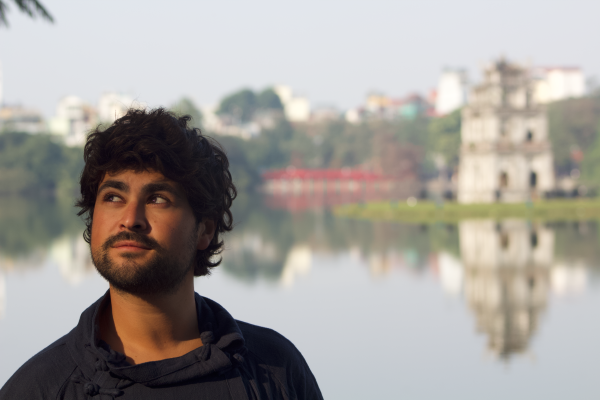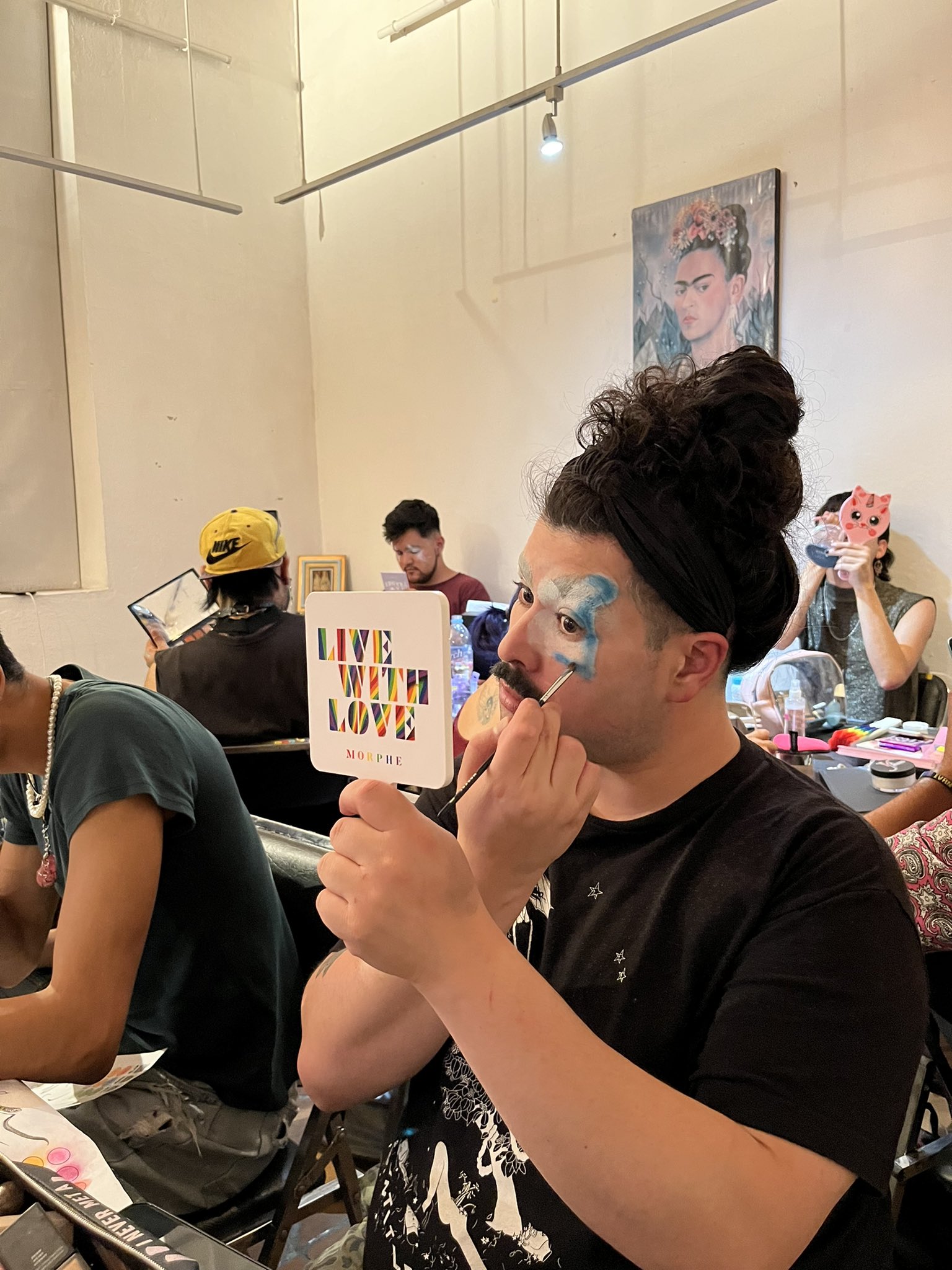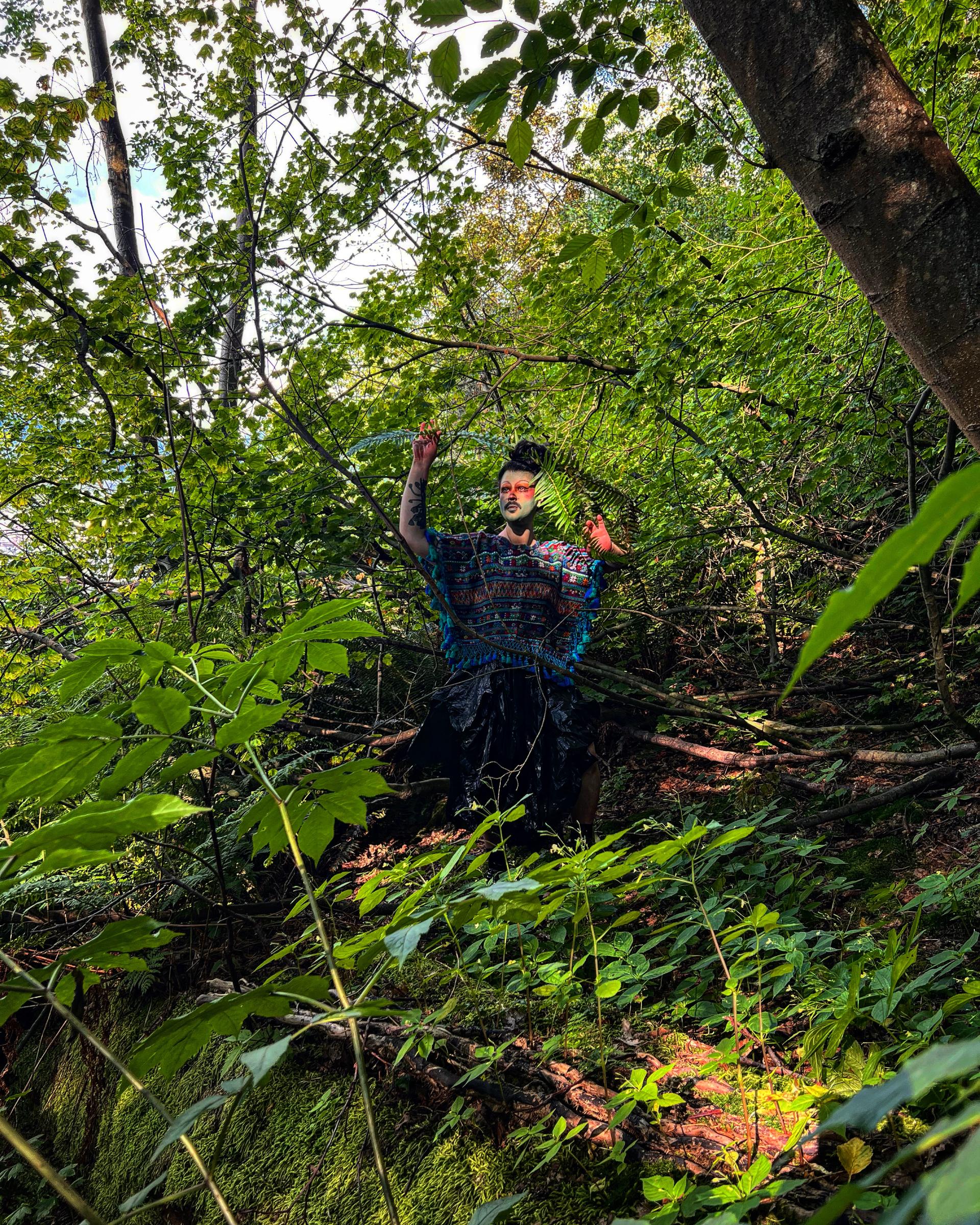Daniel Gallardo
Being a Public Scholar means embracing a profound commitment to knowledge mobilization, accessibility, and capacity building. It signifies a dedication to the idea that knowledge should not be confined within the walls of academia but should flow freely into the broader community in ways that are clear and relatable.
Research description
My doctoral work contributes to the emerging field of Indigenous-informed sexual orientation and gender identity scholarship as it proposes to interrogate heteropatriarchal and colonial assumptions of gender binaries performed within the normative culture and context of education in Mexico. It involves examining the ideological leverage of settler-colonialism and its impacts on race, sexuality and gender in education. The purpose of this research is to engage with educators and community leaders who provide support to create safe spaces in Mexico for the health and wellness of 2S/LGBTQ+ youth. The research described begins as an exploration of the question, how are educators and community leaders cultivating a sense of belonging for 2S/LGBTQ+ youth?
What does being a Public Scholar mean?
Being a Public Scholar means embracing a profound commitment to knowledge mobilization, accessibility, and capacity building. It signifies a dedication to the idea that knowledge should not be confined within the walls of academia but should flow freely into the broader community in ways that are clear and relatable. As a Public Scholar, I see myself as a bridge-builder, breaking down barriers to connect the public with academic spaces by demystifying research and collaborating with communities. To me, a Public Scholar embodies the belief that research is not an isolated pursuit but rather a tool for community engagement and social-political transformation.
In what ways do you think the PhD experience can be re-imagined with this Initiative?
The PhD experience can be re-imagined with the support for respectful community engagement, in which, the strengths, priorities and needs of the community are put first. Upholding a commitment to benefit the public beyond academia by co-creating, translating and mobilizing knowledge that is accessible and relevant. Through the Public Scholars Initiative, research related to historically, persistently, and systemically marginalized groups can be re-imagined by emphasizing research practices that are inclusive, equitable, and transparent. This not only enhances the impact of research but also leads to more wholistic and diverse outcomes.
How do you envision connecting your PhD work with broader career possibilities?
The focus of my doctoral work is to support community organizations in Mexico that are creating equitable, diverse and inclusive learning environments for 2S/LGBTQ+ youth. Mexican public education institutions are violent places where 2S/LGBTQ+ youth face constant discrimination. My PhD work inquires on how to better formulate culturally sustaining educational programs that nurture and foster decolonial queer learning environments. I envision connecting my PhD work with public education institutions through the development of educational tools and curricular advancements designed to promote inclusive classrooms.
How does your research engage with the larger community and social partners?
My doctoral work is a community-based research project that works collaboratively with educators and community leaders who are part of organizations around Mexico that provide services and support for 2S/LGBTQ+ youth. We develop, implement, and evaluate educational programs about decolonizing and queering education that prioritize community needs to ensure that the realities of everyday life tailor curricular outcomes and account for two-spirit, queer and trans lives. My doctoral research aims to strengthen the work of community organizations that are trying to shift colonial ideologies for the well-being of 2S/LGBTQ+ communities. A bridge that can only be built through radical solidarity, relational accountability and ethical spaces.
Why did you decide to pursue a graduate degree?
For the last twelve years, I have worked in educational administration and leadership with a passion and commitment to equity, diversity, and inclusion for two-spirit, queer and trans bodies, especially the ones who are Black, Indigenous and/or people of colour. I have had the opportunity to engage with and work for communities affected by systemic inequities aiming to shift dominant ideologies by cultivating places in education for social and ecological justice. I decided to pursue a graduate degree to advance my work in decolonial curriculum design and knowledge translation within social justice education. I was looking to learn more about community-engaged practices, trauma and violence-informed education and culturally sustaining pedagogies to meet the needs of BIPOC populations.
Why did you choose to come to British Columbia and study at UBC?
I found an integrated program at the University of British Columbia for advancing Indigenous perspectives and decolonial curriculum in education. I enrolled as a graduate student in the Educational Studies program to engage with transdisciplinary research on social and educational topics related to schooling, Indigenous queer community development, and historical and theoretical work that has a direct relationship to decoloniality. My graduate program facilitates Indigenous participation and Indigenous content through a concentration of courses in Indigenous education and research supervision from Indigenous faculty.







